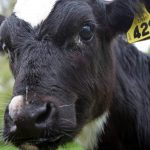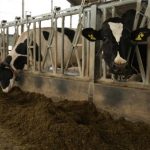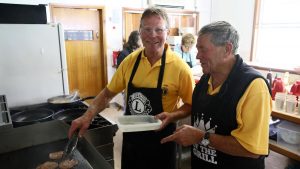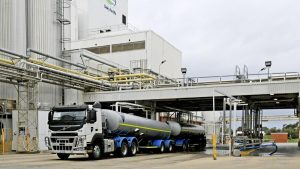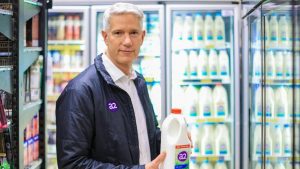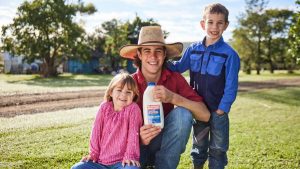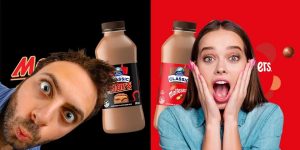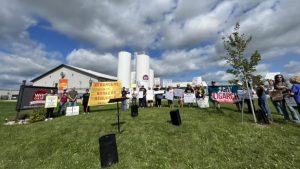
The largest baby formula maker in the world originally applied for the trademark in January 2019, four months after launching its own version of a2 only baby formula in Australia and New Zealand, as it sought to curb the dominance of a2 Milk in the specialty segment.
A2 Milk makes baby formula and fresh milk which contains only the A2 beta-casein protein unlike regular milk – which contains both A1 and A2. Proponents of A2-only milk say the A1 protein causes indigestion.
It makes for an interesting twist, with the former market darling looking to protect its turf from larger possible suitors. A2 Milk will report its full- year results on August 26.
By September 2019, a2 Milk filed its opposition with IP Australia and would allege by October Nestlé’s proposed trademark was “contrary to law”, “substantially identical or deceptively similar” and that the trademark is similar to another, a2’s, “which has acquired reputation in Australia”.
However, after a long-running dispute at the Australian Trade Marks Office, the decision, published earlier in August, went against a2 Milk in its bid to stop the NAN A2 logo being registered in Australia.
“The opponent has failed to establish any of the grounds of opposition it nominated in the SGP (statement of grounds and particulars),” Registrar’s Delegate Jock McDonagh said in the decision.
On Monday, the dual-listed New Zealand-based company lodged an appeal in the Federal Court of Australia.
Nestlé declined to comment, while a2 Milk company spokesman confirmed: “The a2 Milk Company has appealed the decision.”
A2 Milk is seeking leave to appeal and cancel out Delegate McDonagh’s decision.
The company seeks to do so on the basis that Nestlé’s product prominently features a2 or A2 and that is substantially similar to a2 Milk and they are in the same category of products.
A2 Milk also argues use of the trademark “is likely to deceive or cause confusion because another trademark, before the priority date for the opposed application, acquired reputation in Australia”.
Delegate McDonagh was not convinced in his decision of this argument.
“The danger of confusion or deception occurring must go beyond mere possibility – it must be real and tangible. I do not consider it a likelihood that a consumer will imperfectly recall and subsequently confuse the Trade Mark with any of the “a2″ Marks,” he wrote.
“In my view, this would involve a mental exercise which implausibly disregards the significance of ‘NAN’ and attaches undue weight to an element that might be considered descriptive of the Applicant’s goods.
“It follows that I do not consider consumers ‘will be caused to wonder’ whether goods bearing the Trade Mark originate from the same source as that of the opponent.”
A2 Milk has vigorously defended itself through the courts and has won a number of cases, including against the ABC over a segment on consumer skit show The Checkout, which kiboshed the company’s health claims, and against Lion Dairy & drinks – which is owned by Japan’s Kirin Corporation – over the use of the term a2 protein.
In the US, a2 Milk and family-owned dairy cooperative Braun’s reached a settlement in 2020 over anther IP dispute, where a2 Milk appeared the victor as Braun’s now uses “A1 Free” labels rather than “A2 Milk”.

